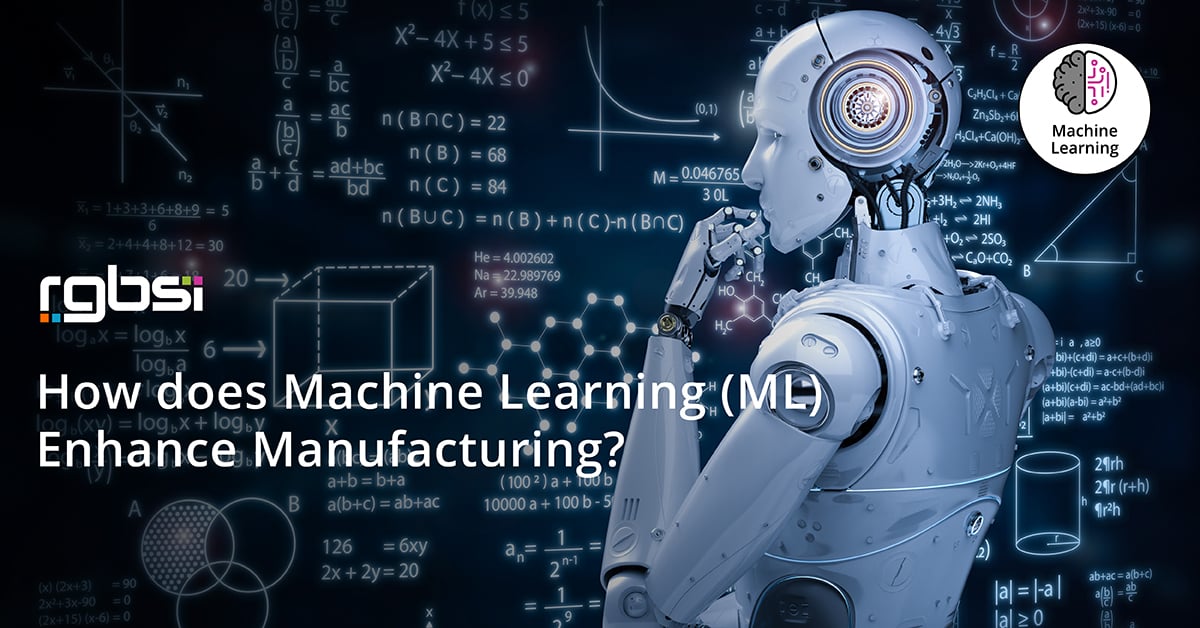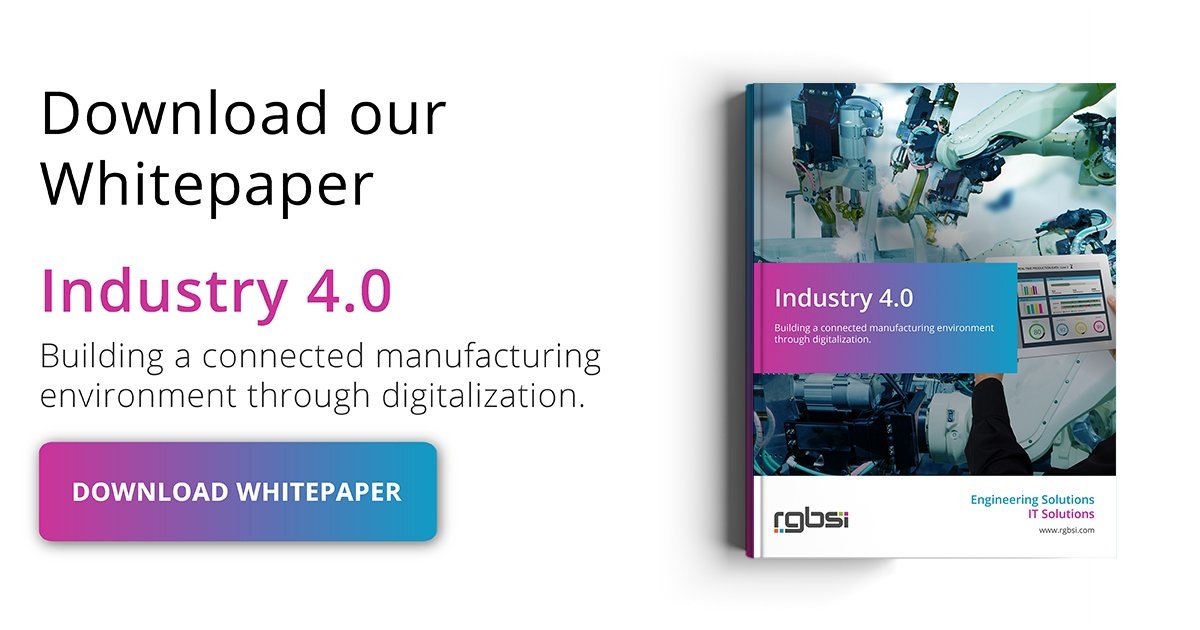
What is machine learning (ML)?
Machine learning (ML), a subset of artificial intelligence (AI), is the application of algorithms and statistical models used in advanced computing to perform a specific task without programmed instructions. ML applications rely on the inference and patterns of data collected from testing such as in design of experiments (DoE) to perform specified tasks. Machine learning enhances manufacturing practices by reducing expenses and increasing efficiency to bring high quality products to market faster.
How is machine learning (ML) used in Industry 4.0?
Engineers have been exploring the use of tools like machine learning and computer vision to improve the efficiency of Industry 4.0 technologies such as IoT, big data analytics, predictive maintenance, and others.
IoT devices are pretty straightforward: just microcontrollers (MCUs) and smart sensors. MCUs are everywhere now—they’re already in our cars, watches, and appliances. These devices are so small and inexpensive that they can run on the power of a single solar cell for very long stretches of time.
Parsing Data
With 5G mobile wireless networks rolling out across the globe, the number of IoT devices is set to expand greatly, as will the number of sensors and microcontrollers. This will effect manufacturing a great deal. Since machine learning models are extremely good at parsing out useful data points from an increasing sea of data streams, parties with a vested interest in big data analytics are finding new ways to incorporate it into Industry 4.0.
In a smart factory, sensor data is transmitted via and IIoT cloud computing platform and analyzed used big data analytics to yield valuable information in the form of predictive maintenance. Monitoring industrial production equipment has become more affordable for manufacturing companies. Thousands of individual points of data are collected from each asset in the factory and machine learning is used as the brain of data analytics to sort through and infer useful information for key decision makers.
Problem Detection
Machine learning detects malfunctions or failure of equipment, which would slow or shut down production. ML helps find patterns in the data and give maintenance organizations within the smart factory the chance to repair manufacturing assets as soon as a problem is detected.
In a smart factory, sensor technology is used to collect real-time data of components. This is essential for safeguarding the quality of work during production. ML improves the quality of production by detecting errors before they occur. Manufacturing companies using smart factories can perform an automation test based on machine learning to improve mechanical engineering processes and ensure fully optimized quality control.
Transfer of Learning
Machine learning can recognize patterns and apply them to new situations in smart factories and other areas of Industry 4.0 like with self-driving vehicles. Autonomous driving vehicles now include industrial equipment in construction and mining. Car manufacturers capitalize on ML algorithms to monitor vehicle performance and improve safety.
ML is used as the source of “brainpower” for industrial vehicles to give them “people-friendly” attributes similar to advanced robotics in manufacturing assembly lines. Like, not running them over on a job site for example. Machine learning is essential to global manufacturing in making the transition to smart factories as Industry 4.0 evolves.
About RGBSI
At RGBSI, we deliver total workforce management, engineering, quality lifecycle management, and IT solutions that provide strategic partnership for organizations of all sizes.
Engineering Solutions
As an organization of engineering experts, we understand the importance of modernization. By pairing modern technology with design expertise, we elevate fundamental engineering principles to accommodate growing product complexity requirements. We work with clients to unlock the full potential of their products and enable future innovation. Learn more about our automation and digital engineering services.
IT Solutions
We work with clients to support IT related areas of application development, ERP, infrastructure, project management, and digital engineering.
Learn more about our IT solutions.











